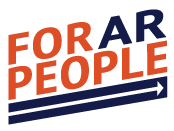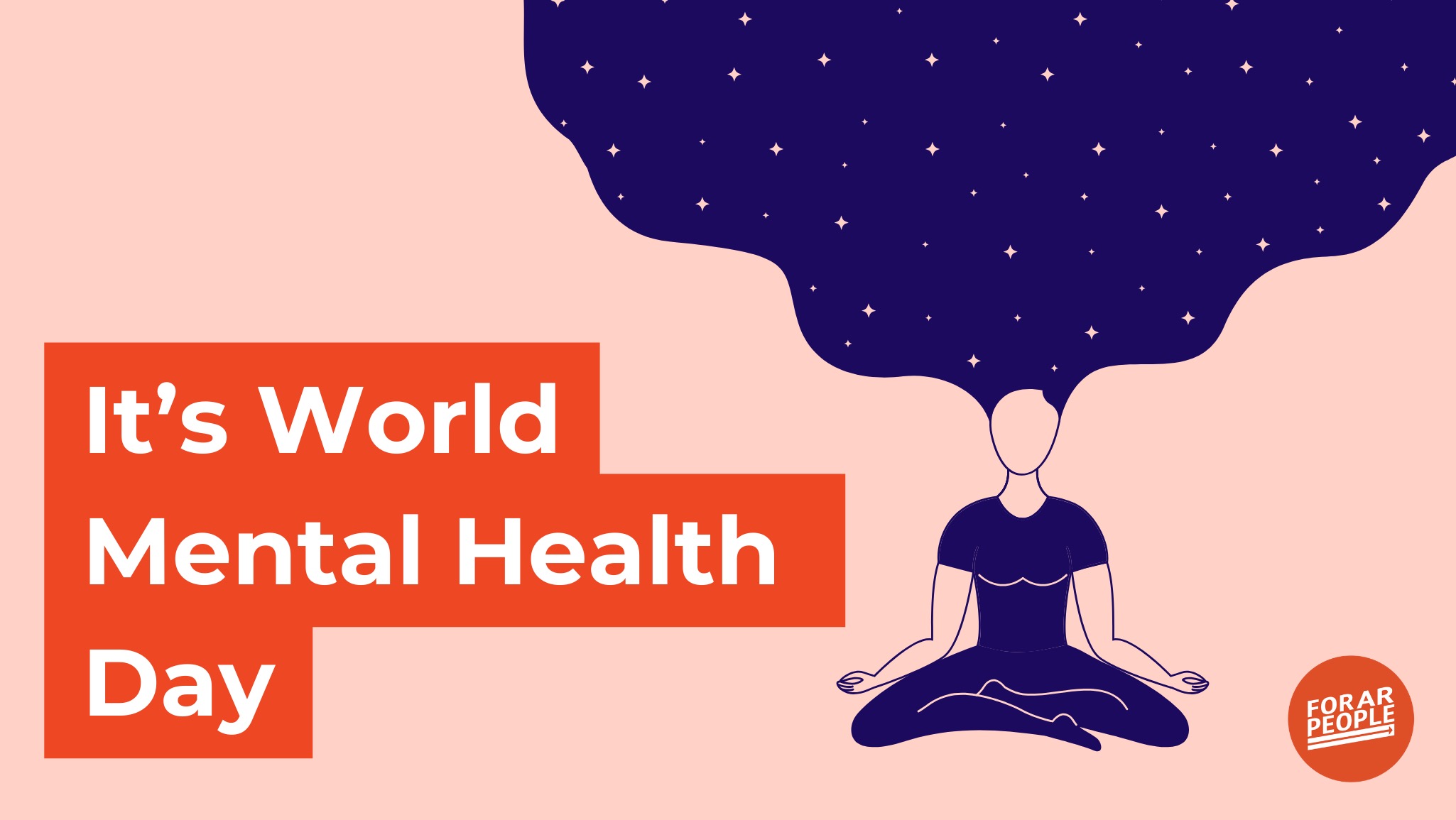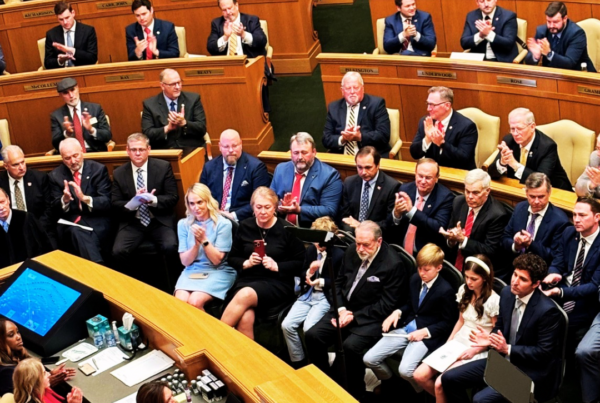It’s World Mental Health Day. If you spend any amount of time on social media this week, you’ll see tips for improving your personal wellbeing. You might see tips for real self care practices, advice for how to find a therapist, and harrowing stories of folks overcoming their mental health struggles to live another day.
This dialogue is good, and it’s necessary.
It’s also not the whole story of mental health in the great state of Arkansas. We have to zoom out to see how policy affects people who need services for their mental health and well-being.
The Natural State ranks low in mental health across the board, according to a report by Mental Health America (MHA), a nonprofit working in mental health advocacy.
According to the 2022 study, Arkansas:
- Ranked 48th in youth mental health care
- Ranked 40th in access to care
- Had 33,000 youth experience a major depressive episode
- Had 17,000 children with private insurance NOT cover mental and emotional problems
- Had the second-highest percentage of students identified with emotional disturbance
Importantly from this report we learn that in 2022 Arkansas had overall adult mental health and substance use problems comparable to that of the United States as a whole. We are on par with the rest of the country, but our access to resources and overall outcomes fall short.
In order to meet Arkansans’ mental health needs, we need mental health providers in the state. That means psychiatrists, psychologists, licensed social workers, counselors, marriage and family therapists, and other mental health specialists need to have a reason to choose Arkansas as a place to live and work.
As it stands, we are in the bottom half of rankings for mental health workforce statewide. Mental health providers are not finding Arkansas a place they want to provide care. As a result, mental health needs are outpacing the workforce needed to keep our population well.
In addition to low numbers of providers, Arkansas has an issue of mental health coverage across all populations. Often private insurance does not cover mental health care, or the coverage is inadequate and folks struggle to make up the difference.
Medicaid is the largest payer for mental health services in the country and in our state Arkansas. At the end of March 2023, over 1.1 million Arkansans received Medicaid.
This week we learned that a rushed Medicaid disenrollment process has left over 470,000 Arkansans without mental health coverage. Children make up tens of thousands of this population. Many parents report devastating stories of arriving for a behavioral health consultation after waiting for months to get their child into the clinic, only to be informed in the waiting room that their child no longer had the coverage needed to be treated that day.
This is not who we are, Arkansas.
This World Mental Health Day, find a new way to care for your own well-being.
Do not forget the systemic issues that cause mental health care to be inaccessible to thousands of Arkansans. Mental health was never meant to be solo work— humans are made for community, and we need each other in order to stay well. Often, we need help from humans with professional skills and knowledge to get us out of mental health crises, or even normal experiences like prolonged grief or complex trauma. None of this is shameful. It’s part of what it means to live with each other.
Policies that keep Arkansans mentally and physically well are good for the state as a whole. When we address mental health needs, we improve outcomes across the board.
When looking at the priorities of our elected officials, pay close attention to their record on mental health. Stay loud about this issue that is both personal and systemic, and affects virtually every other part of society.





